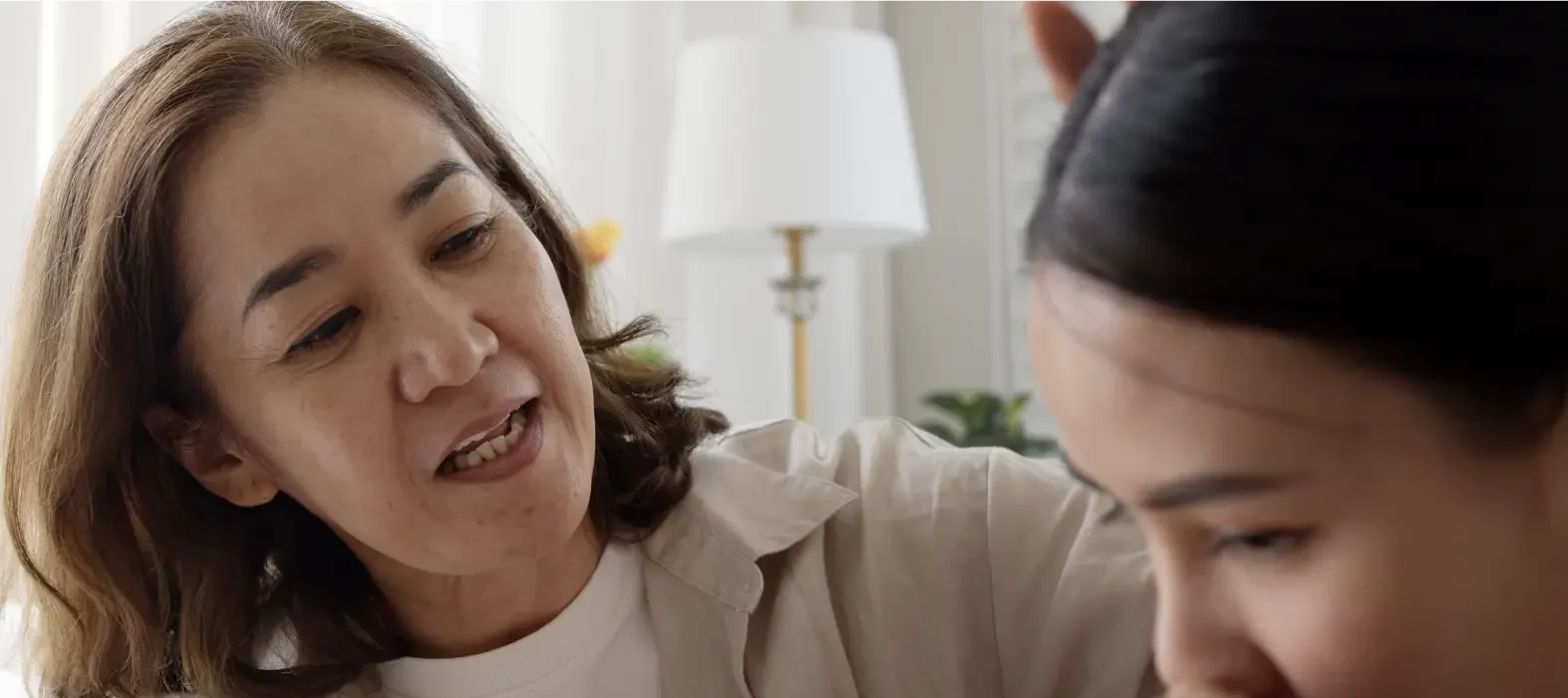We’ve all been on the giving and receiving sides, sharing our hard day that has sent our thoughts spinning into negativity. We keep doing it because there is some relief to get it off our chest. There is a difference between emotional dumping and healthy venting. If we can identify the difference, we can better regulate our emotions and connect with those we care about.
What is Emotional Dumping?
Emotional dumping is a toxic form of venting. During an emotional dumping session, someone has little to no consideration for the other person. The dumper is unaware of the other person’s emotional state or capacity to listen to them and their emotional state. Dumping does not ask for the other person’s consent and does not respect time, topic, or objective.
Emotional dumping presents as defensive. It avoids taking responsibility, meditates on the external event rather than the internal feelings, takes a victim role and places blame, and is avoidant of solutions and resistant to feedback. Emotional dumping becomes a cyclical problem on repeat.
Dr. Nicole LePera, holistic psychologist shares, “emotional dumping is an incredibly common (often addictive) pattern of re-living a past emotional experience in the present. Usually, most people aren’t aware of the reality of doing this. They’re seeking connection. This is because emotional dumping isn’t solution-seeking. Authentic connection involves emotional intimacy, not chronic complaining.”
What emotional dumpers are unaware of is that it is incredibly draining and has delayed adverse effects on mental health. It feels good at first, but it gives instant gratification to the point that it can be addictive, but the aftereffects cause much strain in our lives.
Here are some of the negative effects a person engaging in emotional dumping may experience:
- Decrease in intimacy
- Exaggerated anger/emotional state
- Promotes porous boundaries
- Promotes helplessness and hopelessness, in turn increasing depression
- Increases anxiety
Negative effects a person receiving the emotional dumping may experience:
- Feeling overwhelmed
- Feeling like your time is stolen from you or not respected
- Feeling undervalued
- Burnout and drained energy
- Feeling helpless
- Feeling excessive frustration
- Physical symptoms of tension
What is Healthy Venting?
When engaging in healthy venting, you are aware of the other person’s emotional state. Healthy venting is self-reflective instead of reactive and is open to opportunities for feedback and solution. A person engaging in healthy venting is straightforward and focused on the main issue instead of many. Healthy venting considers time and asks for consent before engaging. It is reciprocal, accountable, and maintains integrity. It promotes active listening to support connectedness. We show empathy and understanding toward others’ perspectives when we actively listen. When we do this, we can better understand ourselves.
How Can We Promote Healthy Venting and Avoid Emotional Dumping?
The number one tactic here is boundaries. If you are the one that feels like you would like to vent, start by taking your emotional temperature. If you find yourself with intense feelings of anger and frustration, you may want to engage in some self-soothing coping tactics first to de-escalate. This will help you to prepare for a more reciprocal conversation. Ask the other person you would like to vent to if it is an excellent time to share the events and the feelings you are having. Respect the other person’s time, remain on topic, and be open to feedback and solution.
If on the receiving end, boundaries will look similar. You must first evaluate your capacity to listen actively and even set a time limit. If you find that your frustration tolerance has grown thin, share that you understand they are going through something difficult, but at this time, you are overwhelmed and not in the best place to listen. If the individual venting begins without your consent, share your feelings, and let them know this is not a good time in which you can offer any support to anyone and suggest that they seek support in other ways.
Reevaluating your lifestyle is a good way to promote healthy connectivity with others. Look at ways to reduce discontent, frustration, anger, stress, and/or anxiety. Seeking psychotherapy, a healthy, well-rounded diet, healthy exercise, and meditation are some ways to reduce these negative feelings.
Promote Healthy Venting with First Light Recovery
Identify if you are emotionally dumping or healthy venting, recognize your emotional state, be responsible and accountable for your happiness, and create healthy boundaries with yourself and others. First Light Recovery is a residential health facility in Orange County, California, designed to serve clients whose adaptive functioning is impaired and who are experiencing mild, moderate, and chronic psychiatric impairment. If you or a loved one is suffering from mental health, take the first step by contacting us at (949)326-3658.
Resources:
- https://www.healthshots.com/mind/emotional-health/what-is-the-thin-line-between-emotional-dumping-and-healthy-venting/
- Psychologytoday.com
- Doctorkiltz.com




